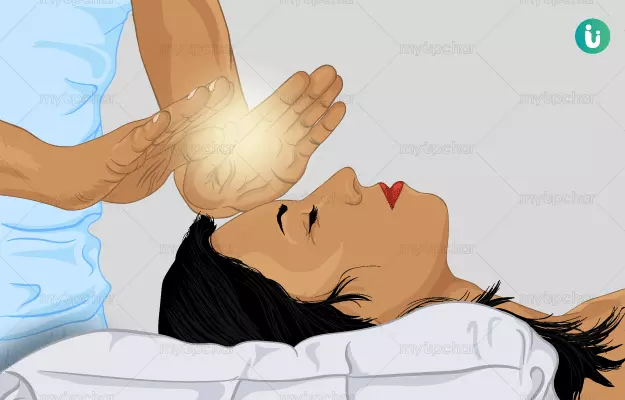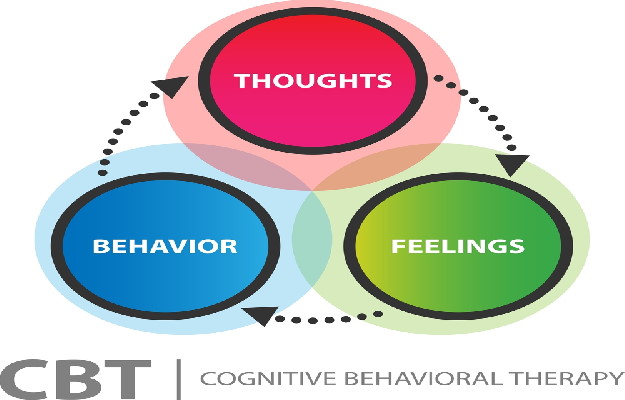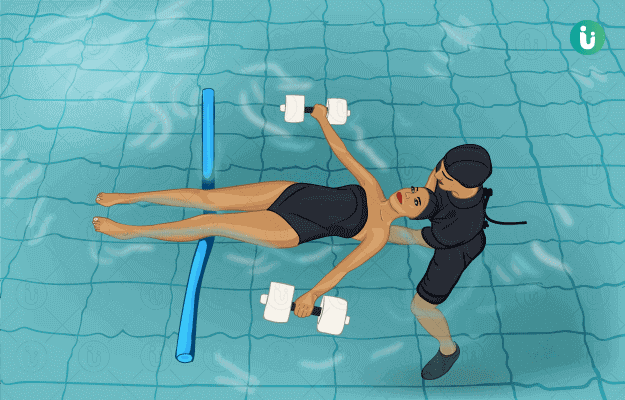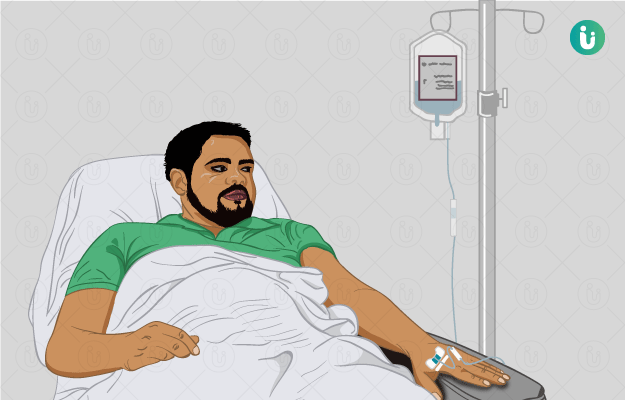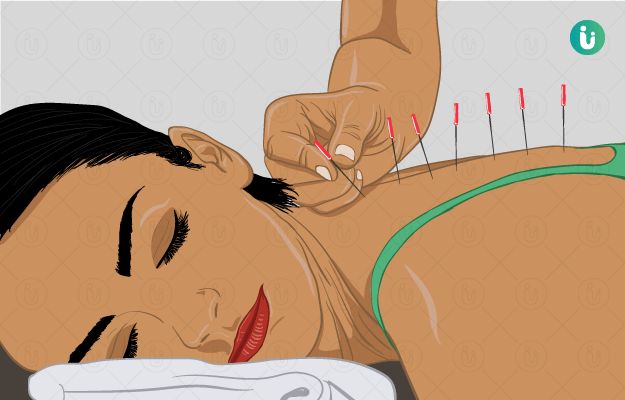Reiki is one of the most popular forms of alternative medicine or therapy. The basis of the Reiki system lies in the idea that all life forms have an energy force within, and this energy force causes them to be alive.
Reiki practitioners believe that your energy force should be strong, positive and free flowing. If it’s not, your body and mind are not healthy and the energy force needs to be revitalised through Reiki sessions.
Although Reiki has ancient Japanese origins, it’s now practised all over the world. During a Reiki therapy session, a professional practitioner uses something called the palm healing or hands-on healing technique. The practitioner places his or her hands right above or on your body to stimulate the energy force to start healing the body.
Reiki practitioners do not claim that this system of alternative therapy can directly cure an illness. Instead, this spiritual system promotes overall well-being and a state of mind and body that allows you to naturally heal. Here’s everything you need to know about Reiki.

